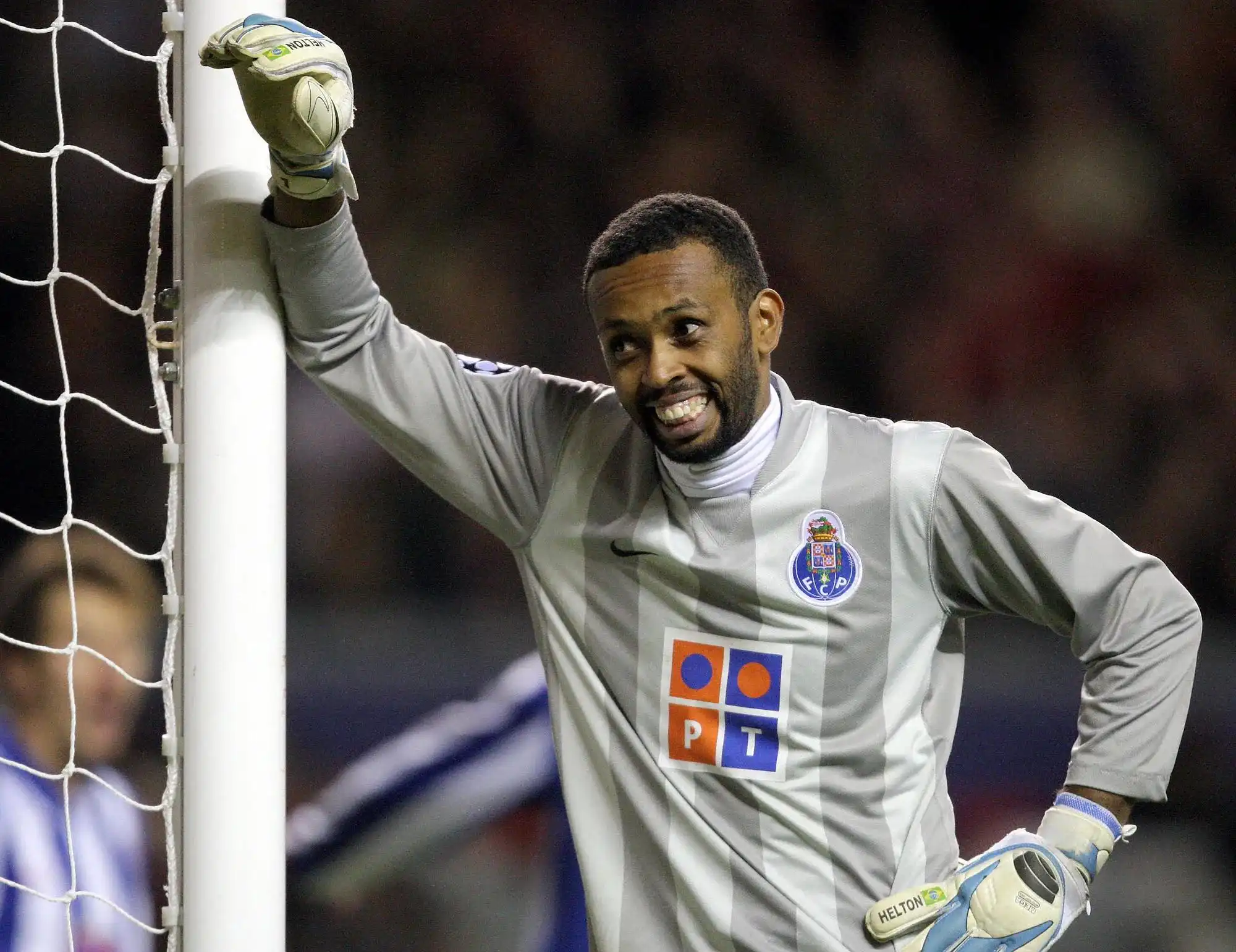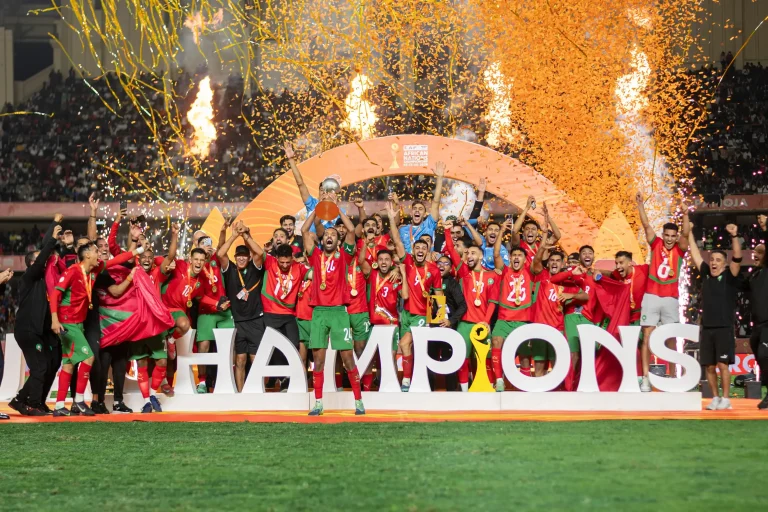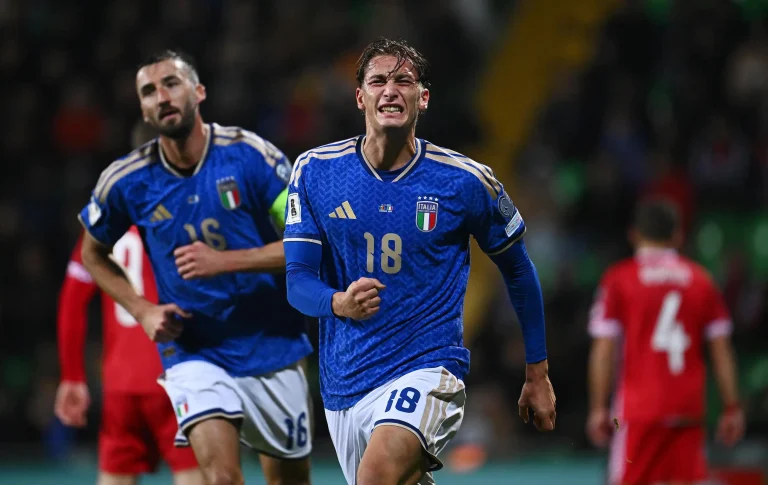Over 11 unforgettable seasons at FC Porto, Brazilian goalkeeping legend Helton lifted 18 trophies, led the team as captain and memorably won the UEFA Europa League title in 2011 on his birthday. Along the way, he broke numerous records at the club he called home and, true to form, never lost his trademark smile.
His good-natured approach and, in particular, his commitment to the club both on and off the field have made the former goalie one of Porto’s most-respected figures from a very successful period in their history. Helton may have left Porto in 2016, but the bond between him and the club remains, and always will.
The Brazilian’s 159 matches place him among the players with the most appearances in the history of the Estadio do Dragao. Few know the club’s inner workings better than the Rio de Janeiro native, who graduated from the Vasco de Gama academy and went on to play for his country.
Sitting down to talk with FIFA, the 47-year-old talks about Porto’s current situation, the challenges they face in the FIFA Club World Cup 2025™ and their upcoming opener against SE Palmeiras on 15 June.
Helton: It’s been a bit of a transitional one, hasn’t it? Things have ended up back on track , and I think it’s gone well. I’ll always support Porto, win or lose.
He’s come in from Cruz Azul, in Mexico, which is a very different background. It wasn’t easy at first, but he has adapted to the circumstances, and ended up being a big factor in the team’s recovery towards the end of the season.
I trained alongside Diogo a few times when he was in the youth team. Even at 16, he really stood out among his peers. What struck me then, and still does, was his fearlessness. For a keeper, that’s a crucial thing to have. His composure and his ability with his feet are good for both him and the team.
Having a calm, proactive goalkeeper behind you and one that’s willing to really get involved is a huge asset. It may not seem like a big deal, but someone like that in the defensive third gives you a leg up on your opponents. It gives you one extra player who can make a difference and can help create an overload when you’re pushing forward.
You just need to look at the stats and watch how he’s playing, both domestically and for Portugal. That speaks for itself. The way I see it, time is opportunity, nothing more, nothing less, and if we believe we can control it, then we risk having it pass us by and taking the opportunity with it. That’s why I’ve always believed that if a player is good enough, they’re old enough. If you think about it, there’s another example at Porto. Rodrigo Mora is 18 right now. I look at it this way: Is he a good player? Does he know how to work the ball? Can he mesh with the rest of the group? If the answers are “yes”, then you play him. Obviously, there are times when you have to protect the player, but you can’t hide the basic facts. If the talent is there, he’s going to stand out.
Well, [Palmeiras manager] Abel Ferreira is bound to be a factor. He’s been away from Portuguese football for a while but there’s no doubt he keeps up with what’s going on back at home. Everything’s going to hinge on what shape each team is in when they arrive in the United States and how they line up.
It’s not an easy thing to define, but there’s nothing quite like the emotion and passion that is fostered at the club. Whenever you go to the north of Portugal, you can’t help but feel it, and, little by little, you grow to love it. It becomes part of you. I was lucky enough to have a great relationship, not only with the other players, but also with the fans. They were always behind me and always helped me play even better. I came in for Vítor Baía, who was a club legend, so I had a lot to prove at the start, but I put in the work and the performances came. The better I played, the better I felt, and the fans made me one of their own.



